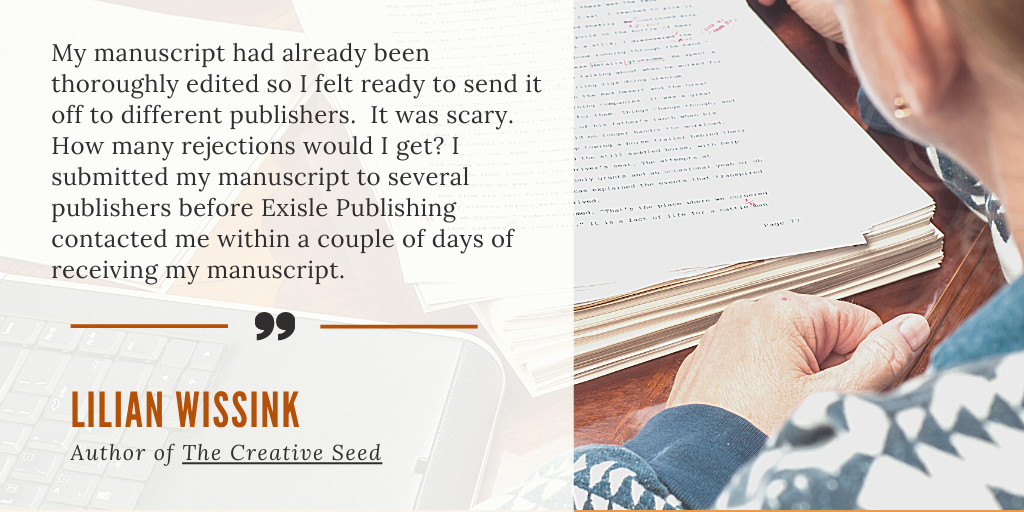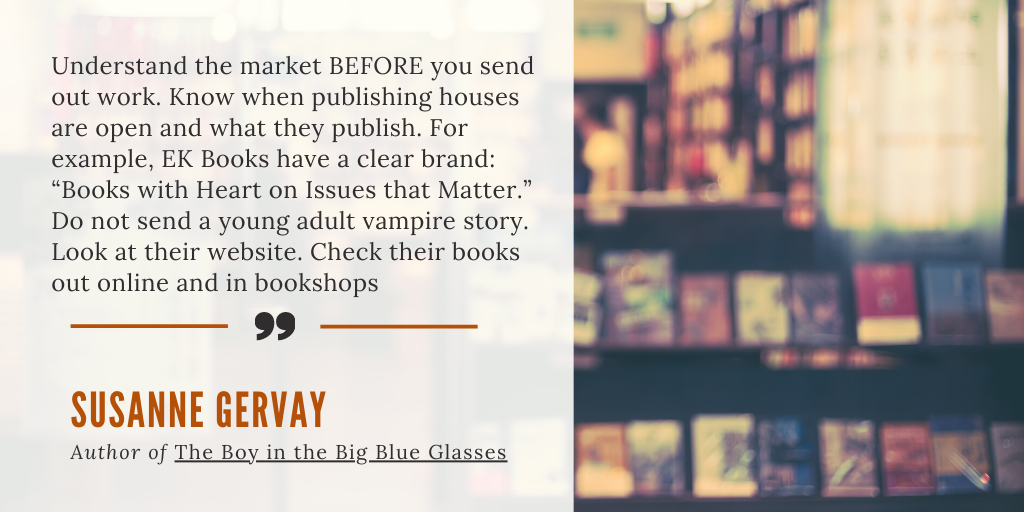Setting Your Book up For Success with Exisle Academy and the Perfect Pitch
Have you ever browsed the shelves and display tables at a bookshop and thought to yourself, “what are these authors doing that I’m not?” It’s a thought that has crossed the minds of most serious writers at some point, and for good reason. As much as we’d like to think that the only factor in the success or failure of a book is authorial talent, most of us know that this is not the case. The difficulty for aspiring authors is that, while they are aware that there are other factors at play, they are not entirely sure what these factors are. Despite the worlds of writing and publishing being so interconnected, writers are kept very much in the dark about the industry they will eventually (hopefully) be a part of.
At Exisle want to change this, which is why we’ve launched Exisle Academy, an online course designed to give you a head-start on your journey to getting published. Part business course, part writing course, Exisle Academy breaks down 30-years-worth of expertise across multiple sectors of the bookselling industry into a three-month training course intended to give you the best possible chance of success. Follow the link here to learn more about the academy. In the meantime, if you are ready to kickstart the process of turning the manuscript sitting on your desktop into a tangible, profitable and inspired book, here are some essential first steps to think about:
1. Getting a Manuscript Review
You are likely to have lost count of which draft your manuscript is on (fourth? Fifth? Tenth?), but when you get a professional manuscript review, it’s all about going back to basics. A manuscript review is all about analysing the very substance of your writing. A reviewer will point out plot holes, characterisation issues, structural issues – especially in non-fiction books – as well as making suggestions of content to include and exclude from the original draft. A good manuscript reviewer will also have a certain level of expertise when it comes to the publishing industry and will be able to give you an insight into the potential saleability of your book.
2. Building Your Author Platform
Some writers have an enviable level of internet literacy. We all know the type – the writer with the perfectly-themed Instagram page, loyal following, and successful blog to boot. Meanwhile, there are plenty of writers who have never even heard of a ‘bookstagram’ and feel more at home in a library than at a networking event. Whether you fall into the former or latter category, or somewhere in between, there is always more you can do to build your author platform online. Social media is pretty much non-negotiable nowadays, so learning how to use it (or borrowing the expertise of someone who does) will be of huge value to you.
Having said this, don’t worry if you aren’t particularly experienced in this arena. Reaching out to people in real-life is just as worthwhile. Your social media should be there to compliment – not replace – the work you are doing offline to get the word out about your book. So, make sure to reach out to people in your circle. If you are psychotherapist writing a book about the benefits of meditation, reach out to other therapists, mental health support groups and yoga groups. Visit bookshops that specialise in the genre and make connections with the people there.
3. Researching Publishers
Once you are at the stage where you’re ready to start pitching to publishers, it’s crucial that you take some time to research the market. Start by looking into the companies who publish the books you love to read. It can also be useful to make a note of the publishers of the books you used for research while writing your own book as it’s likely these will be in keeping with a certain theme/genre.
Next, begin looking for publishers with open submissions. These will be few and far between, but online writer’s groups are a great way of making sure you are notified of this sort of thing, so make sure your ear is to the ground.
Before you submit your manuscript, research the publisher thoroughly. You may have heard the phrase “it’s a numbers game” tossed around in the writing community and, while this holds true when it comes to perseverance, it’s also highly important that your manuscript is submitted thoughtfully. If you submit your romance novel to a non-fiction publisher, or your travel writing to a crime publisher, it’s very unlikely to be picked up.
Beware of vanity publishers and anything that seems too good to be true. A full guide to researching publishers and agreeing fair and mutually beneficial book deals is included in Exisle Academy’s online course.
4. Penning the Perfect Pitch
A busy editor receives hundreds, sometimes even thousands, of submissions each and every week. It’s simply not possible for them to read every single manuscript they receive cover to cover. Most authors submit their manuscript to publishers along with a quick cover letter that doesn’t do justice to their work. Perhaps it consists of long-winded explanation of the main plot and every single subplot, or makes claims to being “the next Harry Potter” rather than showing the publisher what sets the submission apart. These mistakes can be the difference between seeing your book in print or having it remain on your memory stick.
Authors can and will succeed when they understand the art of the perfect pitch. With over 2000 books under our belts, and editors who are up to their eyes in submissions, Exisle knows exactly what separates a winning pitch from the rest. We have condensed our expertise into our Pitch Perfect report which will help you craft a flawless and compelling pitch that gets your book noticed by providing sincere no-nonsense advice and a practical case study for you to model your pitch on.





